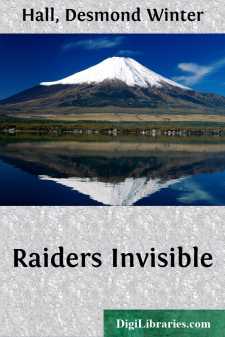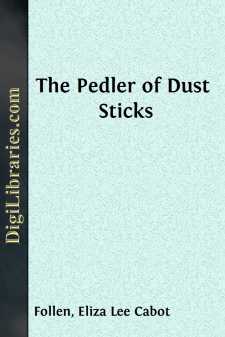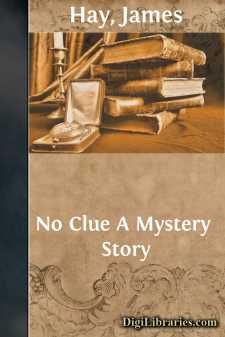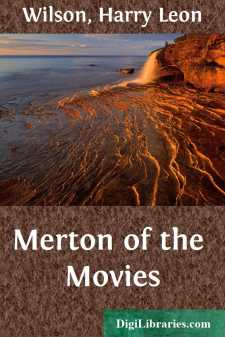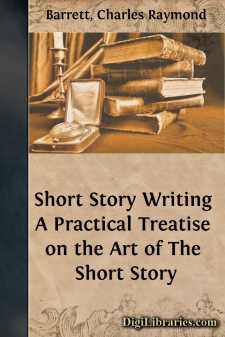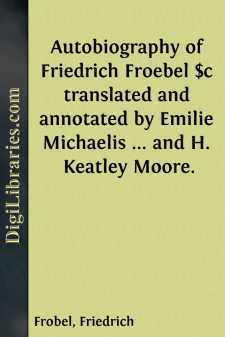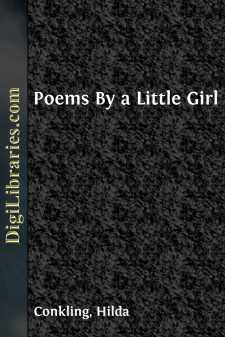Categories
- Antiques & Collectibles 13
- Architecture 36
- Art 48
- Bibles 22
- Biography & Autobiography 813
- Body, Mind & Spirit 142
- Business & Economics 28
- Children's Books 17
- Children's Fiction 14
- Computers 4
- Cooking 94
- Crafts & Hobbies 4
- Drama 346
- Education 46
- Family & Relationships 57
- Fiction 11829
- Games 19
- Gardening 17
- Health & Fitness 34
- History 1377
- House & Home 1
- Humor 147
- Juvenile Fiction 1873
- Juvenile Nonfiction 202
- Language Arts & Disciplines 88
- Law 16
- Literary Collections 686
- Literary Criticism 179
- Mathematics 13
- Medical 41
- Music 40
- Nature 179
- Non-Classifiable 1768
- Performing Arts 7
- Periodicals 1453
- Philosophy 64
- Photography 2
- Poetry 896
- Political Science 203
- Psychology 42
- Reference 154
- Religion 513
- Science 126
- Self-Help 84
- Social Science 81
- Sports & Recreation 34
- Study Aids 3
- Technology & Engineering 59
- Transportation 23
- Travel 463
- True Crime 29
Sort by:
The muffled, helmeted figure of a pilot climbed down the spider ladder, nestled into the foremost scout's cockpit and pressed the starting button. The motor spat out a wisp of smoke, then burst into its full-throated roar: the automatic clamp above loosened: the scout dropped plummet-like, bobbed to the flagship below, straightened out and zoomed six thousand feet up into the morning blue, where...
more...
THE PEDLER OF DUST STICKS. One day I went to visit a friend, a lady, who came from Hamburg, in Germany. I was much pleased with a portrait which was hanging up in her room, and I was particularly struck by the ornamental drawings with which the picture was surrounded. They consisted of whip handles, canes, piano keys, mouth-pieces for wind instruments, all sorts of umbrellas, and many more things, of...
more...
by:
James Hay
THE GREY ENVELOPE Catherine Brace walked slowly from the mantel-piece to the open window and back again. Within the last hour she had done that many times, always to halt before the mantel and gaze at the oblong, grey envelope that leaned against the clock. Evidently, she regarded it as a powerful agency. An observer would have perceived that she saw tremendous things come out of it—and that she...
more...
CHAPTER I. DIRTY WORK AT THE BORDER At the very beginning of the tale there comes a moment of puzzled hesitation. One way of approach is set beside another for choice, and a third contrived for better choice. Still the puzzle persists, all because the one precisely right way might seem—shall we say intense, high keyed, clamorous? Yet if one way is the only right way, why pause? Courage! Slightly...
more...
SHORT STORY WRITING some old belief vitalized by its bearing on our lives to-day, an analysis of an obscure calling, a glimpse at a forgotten quarter ... but one thing it can never be—it can never be 'a novel in a nutshell'." "A short story ... must lead up to something. It should have for its structure a plot, a bit of life, an incident such as you would find in a brief...
more...
by:
Various
THE TRAVELLING COMPANIONS. No. III. SCENE—On the Coach from Braine l'Alleud to Waterloo. The vehicle has a Belgian driver, but the conductor is a true-born Briton. Mr. CYRUS K. TROTTER and his daughter are behind with PODBURY. CULCHARD, who is not as yet sufficiently on speaking terms with his friend to ask for an introduction, is on the box-seat in front. Mr. Trotter. How are you getting along,...
more...
PROLOGUE [AFRICA AND HER SISTERS.] Some fifteen years now I have been her guest,For all this land's hers, tho' she does not reign.She's but a ward, at what late age she'll gainHer freedom and her kingdom, it were bestTo risk no surmise rash. E'en now she's drestSometimes in skins. Give her ground-nuts and grain,Cattle and thatch'd hut, then she'll not...
more...
by:
Friedrich Frobel
INTRODUCTORY. The year 1882 was the centenary of Froebel's birth, and in the present "plentiful lack" of faithful translations of Froebel's own words we proposed to the Froebel Society to issue a translation of the "Education of Man," which we would undertake to make at our own cost, that the occasion might be marked in a manner worthy of the English branch of the Kindergarten...
more...
by:
Hilda Conkling
FOR YOU, MOTHER I have a dream for you, Mother,Like a soft thick fringe to hide your eyes.I have a surprise for you, Mother,Shaped like a strange butterfly.I have found a way of thinkingTo make you happy;I have made a song and a poemAll twisted into one.If I sing, you listen;If I think, you know.I have a secret from everybody in the world full of peopleBut I cannot always remember how it goes;It is a...
more...
CHAPTER I The dawn was just rising when Gabriel Luna arrived in front of the Cathedral, but in the narrow street of Toledo it was still night. The silvery morning light that had scarcely begun to touch the eaves and roofs, spread out more freely in the little Piazza del Ayuntamiento, bringing out of the shadows the ugly front of the Archbishop's Palace, and the towers of the municipal buildings...
more...


